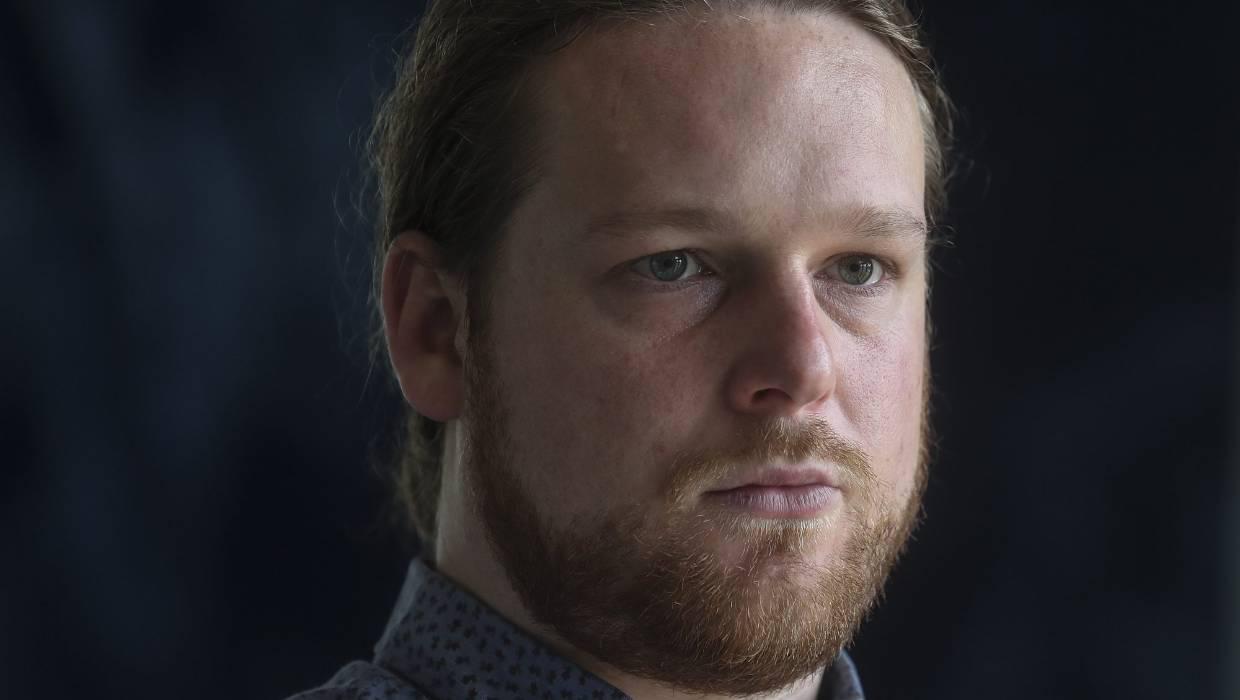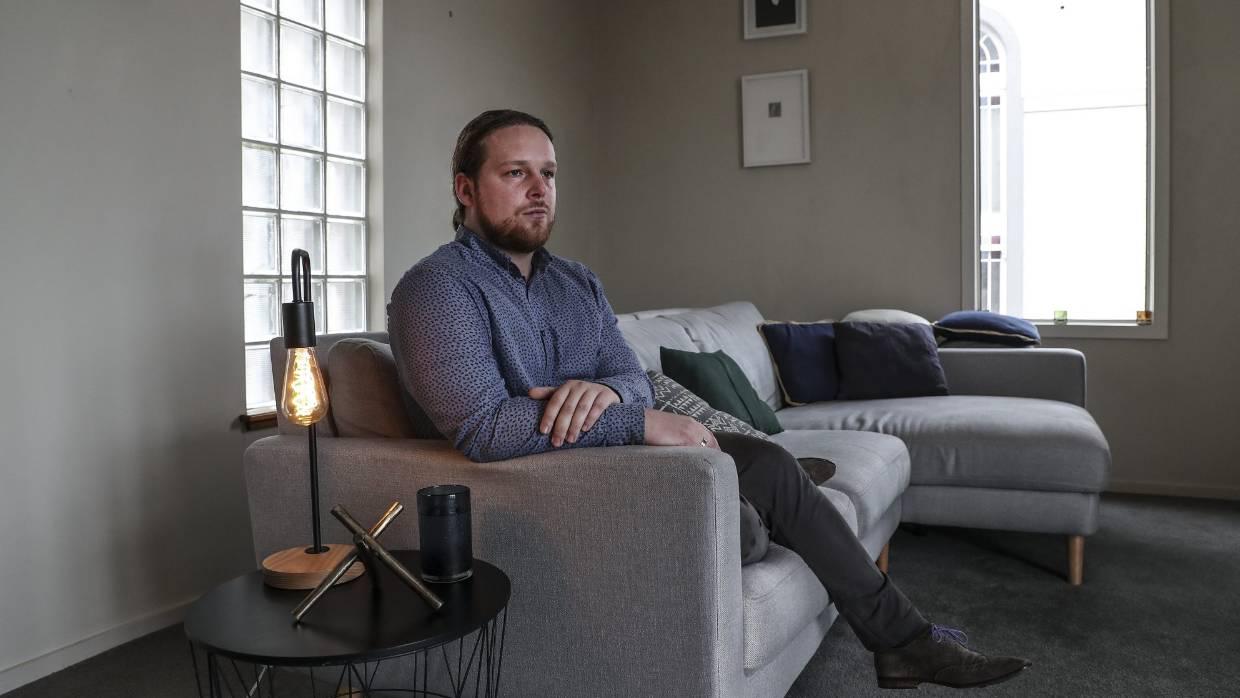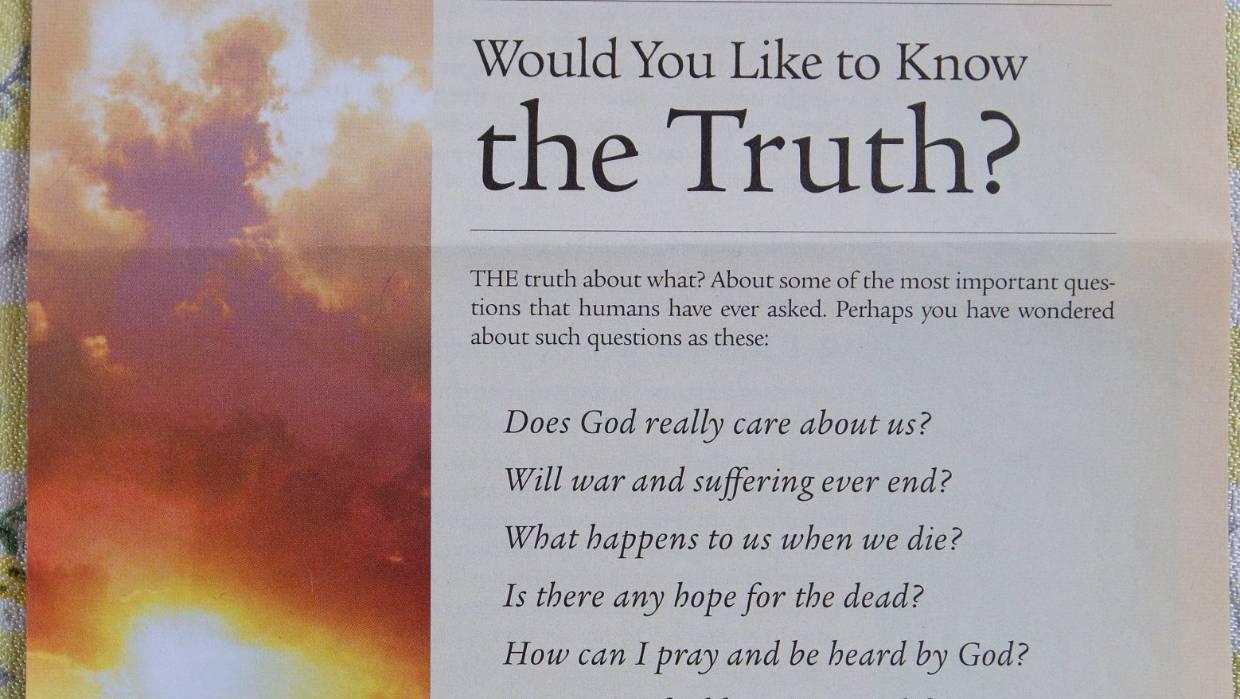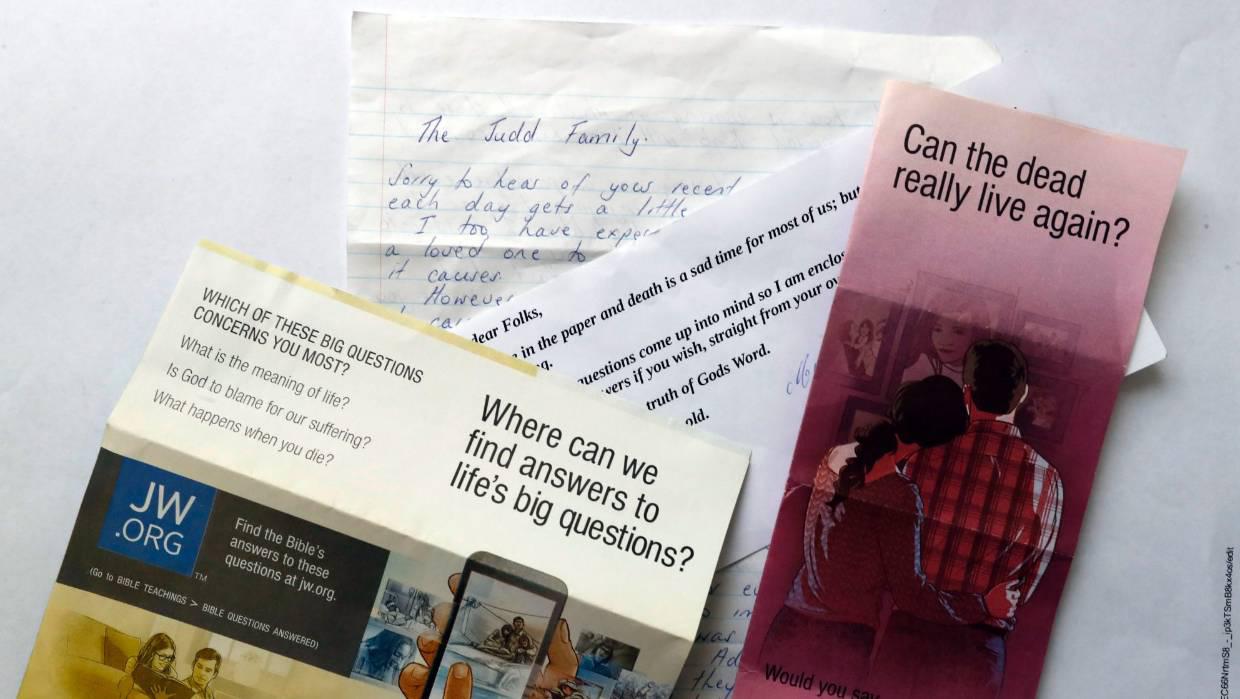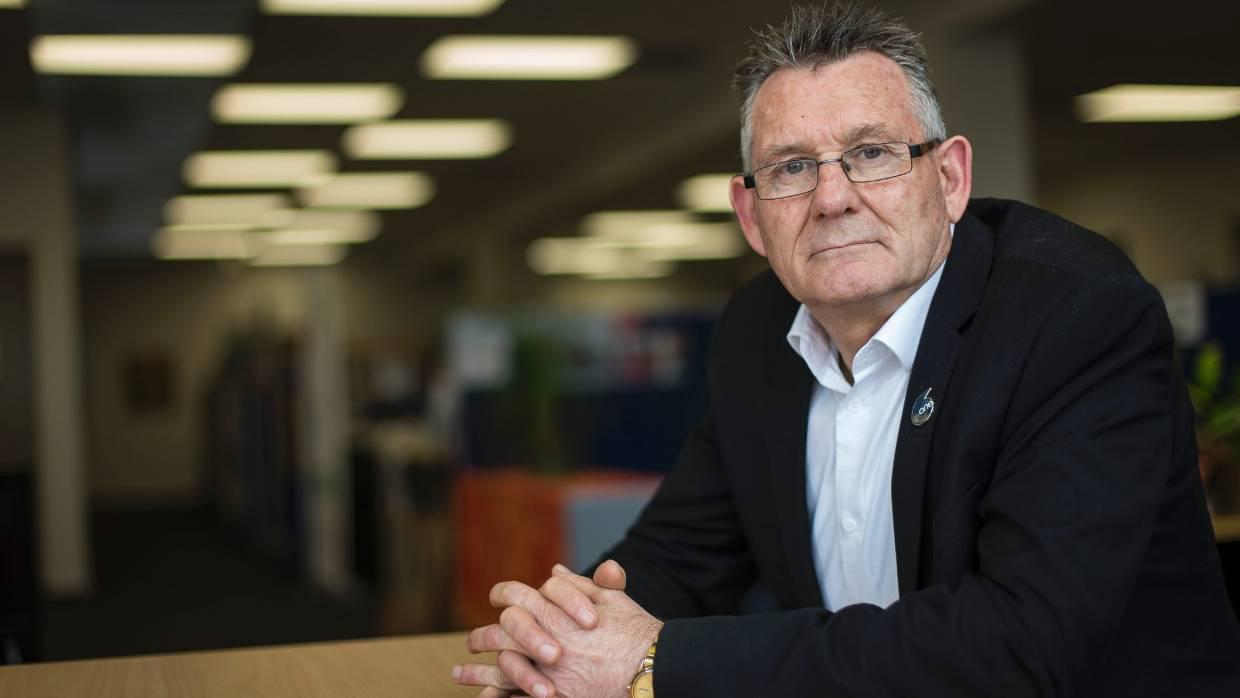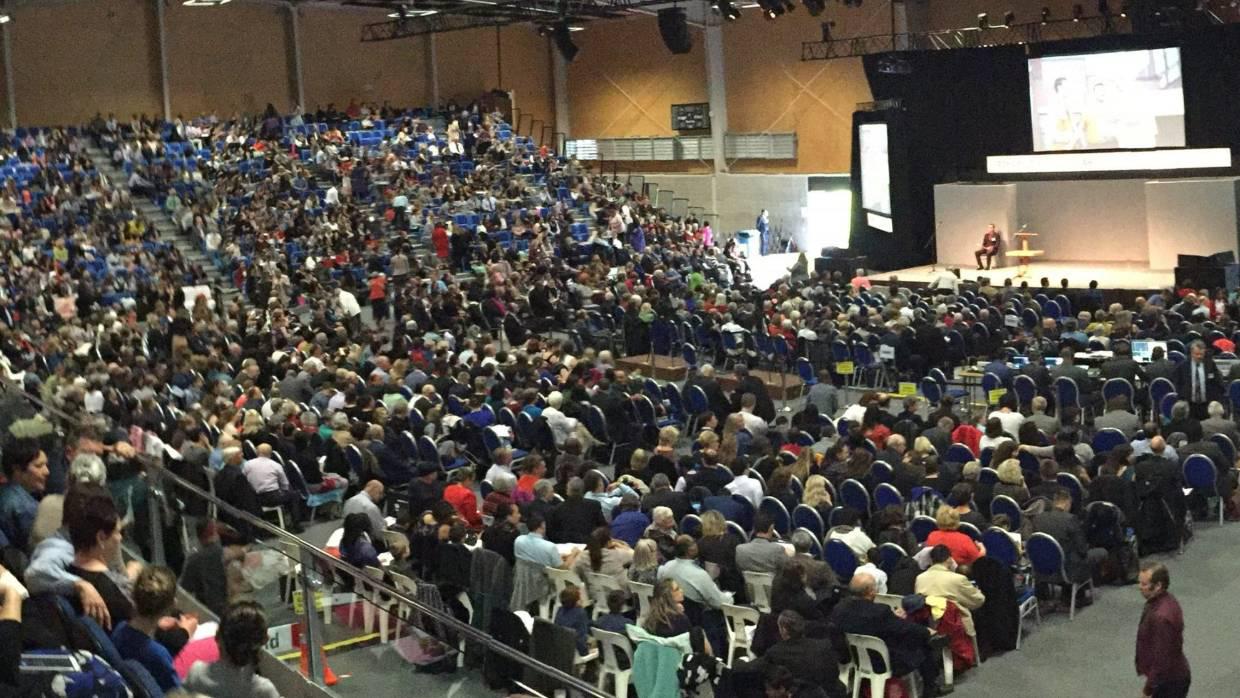|
Jehovah's Witness child sex abuse survivor urges examination of NZ church
By Tom Hunt
[with video] It started with movies and bowls, but soon Luke Hollis was a young boy performing sexual acts on a Jehovah's Witness man four-times his age. To hear Hollis, now 28 and living in Wellington, talk of the ordeal that tormented him for years during his childhood in England, it is remarkable how matter-of-fact he is. But he is the first to admit he has a vendetta against his former church. He wants to see Jehovah's Witnesses held accountable and he wants the church to apologise. But mostly, he wants it to fully shed its "two witness" rule – a policy he argues makes the church a beacon for child sexual predators. That two-witness rule means the testimony of two material witnesses is needed to establish a perpetrator's sin in the eyes of the Jehovah's Witness church, unless there is a confession. But, as many have pointed out, the only two witnesses to child sexual abuse tend to be the victim and perpetrator. An Australian Royal Commission in 2015 found there had been recorded allegations, reports, or complaints of child sexual abuse against 1006 Jehovah's Witness members since 1950. There was no evidence of the organisation reporting a single case to secular authorities and the organisation had seriously-failed in protecting children, the commission said. Hollis believes that if New Zealand's current Royal Commission into historical abuse in state care also looked into child sexual abuse in religions, the numbers here would be comparable and, proportionally, worse than the paedophilia scandal that has rocked Catholicism. He is joined by academics, an anti-abuse advocate, and the Australian Royal Commission in saying Witnesses have a real problem, and that steps to address it have been inadequate. Jehovah's Witnesses, citing "consideration for the privacy of the individual", would not comment to Stuff on Hollis' case, instead sending a link to the church's website to answer broader questions. The church did not say where, specifically, it addresses questions on its website, such as whether it had a recognised child sexual abuse problem and how common it was in New Zealand. Hollis was just 8-years-old when a man from his congregation, in his 30s, started grooming him. It started with movies and bowling but soon they would just be at the man's house. Then there was pornography, violent movies and hard liquor. That was followed by oral sex and nudity. It continued until he was about 14-years-old. The involvement of alcohol meant specific details were sometimes difficult to recall, but he says: "I have one memory of us, I guess, trying to have intercourse". Holis was told by his abuser that if he told anyone he would face persecution by God. When Hollis was 18-year-old, about four years after the abuse stopped, he told the presiding overseer – essentially a Jehovah's Witness priest – about the abuse. He was told to be "very careful" about what he did next. "He meant in terms of going to the police," Hollis said. The abuser got a minor reprimand but no outside authorities were told. A few years later, the same presiding overseer again warned him against going to police because it would "bring reproach on Jehovah's name" and he wouldn't be a good Witness – meaning he could die in Armageddon. Soon after, in 2012, his abuser handed himself into police. He was sentenced to six years and eight months' jail in the United Kingdom but it is understood he has since been released and welcomed back into his old congregation. Male Survivors Aotearoa spokesman Ken Clearwater expected that if the New Zealand Royal Commission looked into Jehovah's Witnesses in this country, the situation would be similar. That Royal Commission was focusing on abuse in state care, although there has been lobbying to broaden that. There was "no way" Jehovah's Witnesses had changed their ways, despite internal documents showing elders were instructed not to discourage reporting of child abuse to outside authorities, Clearwater said. "People are too frightened to come forward – they have been brainwashed." If members spoke out they would be ostracised by the church and their family. New members soon saw how easy it was to get away with abuse, Clearwater said. "If that is your tendency and you realise you can get away with it, you do." Massey University history professor Peter Lineham, who specialises in New Zealand religion, said Jehovah's Witnesses had made some amendments to their policy on abuse. They have said, essentially, that members who speak out will not be excommunicated – known as disfellowshipping – and the two-witness rule did not always apply to child sexual abuse. But little had really changed. The two-witness rule was not completely revoked for child sexual abuse and was still in force in other areas of the church, Lineham said. It appeared that if anyone told church authorities of abuse they would "fairly quickly, informally" be told it was not wise to go to secular authorities. "People still seem to be getting disfellowshipped for reporting." Small, secular religions were the "perfect context" for child sexual abuse because people feared speaking out and most abuse happened within families. These religious groups acted like a large, trusting family, he said. Due to an impending civil case, Hollis cannot name the perpetrator. But Stuff understands it to be Jehovah's Witness member Massimo Capazzo, formerly known as Andrew Collins, whose abuse conviction was reported on by British media in 2013. Jehovah's Witness elders here were told from Australia in 2017 that anyone reporting child sex abuse should be informed they had the right to report the abuse to secular authorities, and those making the report should not be criticised. Hollis believed it was token-gesturism at best, and not much had changed in reality. When he recently returned to England, former friends still in the faith acted as if he did not exist. He did, however, recently reconnect with his parents who remained in the faith. Massey University senior lecturer Heather Kavan, who researches religion, said while the Jehovah's Witness church was not necessarily a "hotbed" of sexual abuse, when it did happen it could be worse for victims who were manipulated into fearing the offender as well as God. "As well as this, it's more traumatising for a survivor to report abuse to the Jehovah's Witnesses than it is to report it to the police," Kavan said. "One survivor who spoke to the Australian Royal Commission into Institutional Responses to Child Sexual Abuse said that going through three criminal trials was easier than going through Jehovah's Witnesses processes." The church was not doing enough to stop the problem and those with decision-making powers conducted "spiritual investigations" that were weighted in favour of perpetrators, she said.
|
.
Any original material on these pages is copyright © BishopAccountability.org 2004. Reproduce freely with attribution.
